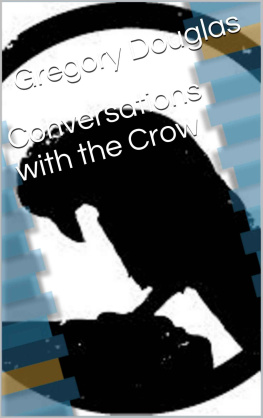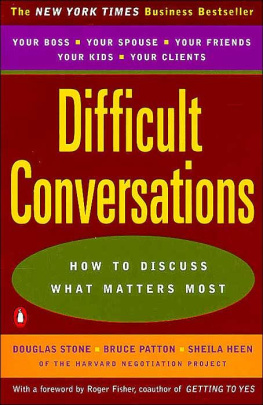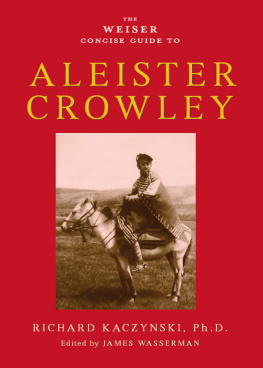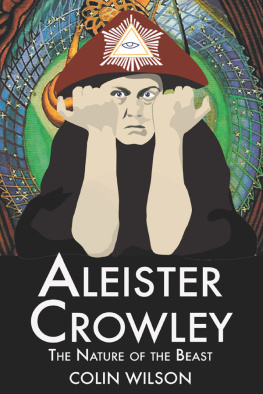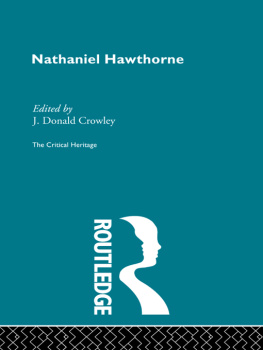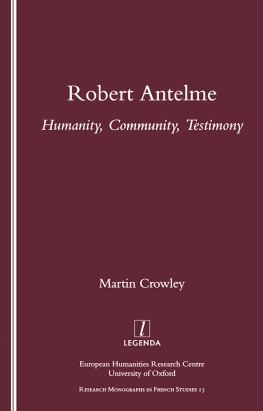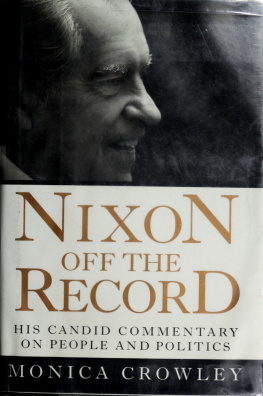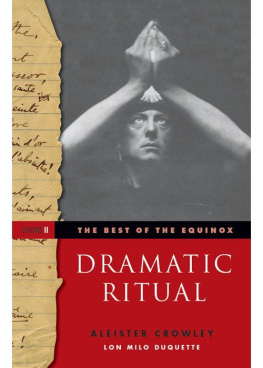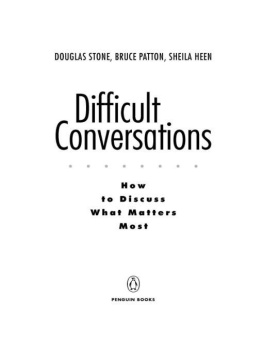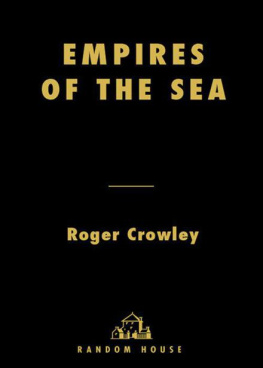Conversations with the Crow:
The Final Conversations of Robert Trumbull Crowley - Former Director of Clandestine Operations for the CIA

Crowley as a Member the Skeet Club at West Point (1944)
One of only five known photographs
of Robert T. Crowley
by Gregory Douglas
with a forward by Dr. Peter Janney
Conversations with the Crow
The Final Conversations of Robert Trumbull Crowley
Former Director of Clandestine Operations for the CIA
by: Gregory Douglas
Kindle Edition

Published on Amazon by Basilisk Press
Copyright 2001 by Gregory Douglas
All Rights Reserved
ISBN: 978-0-9911752-0-8
Thank you for downloading this ebook. This ebook, remains the copyrighted property of the author, and may not be reproduced, copied and distributed for commercial or non-commercial purposes. If you enjoyed this book, please encourage your friends to download their own copy at Amazon.com, where they can also discover other works by this author and others from Basilisk Press . Thank you for your support.
About the Author
Gregory Douglas started out as a newspaperman in a small town in Illinois, wrote four books on Heinrich Mller, once chief of the German Gestapo and later an asset for both the U.S. Army and the CIA.
His revelations of a number of unpleasant facts prompted Robert Crowley, a specialist in counter-intelligence for the CIA, to contact and with an eye to finding just how much Douglas actually knew.
This turned into several years of weekly phone conversations in which Crowley and Douglas engaged in the most cynical observations imaginable.
When the authorities in Washington found out about this, they tried for some time to convince Crowley that Douglas was not a nice person and to stop talking with him.
Crowley was so impressed with their arguments that he sent Douglas two large foot lockers of his personal files and after he died in 2000, the CIA spent a great deal of money trying to lay their hands of their errant members' unfortunate activities.
They were not successful.
One of Douglas' most successful books was "Regicide: The Assassination of John F. Kennedy from Inside the CIA."
Table of Contents
Forward:
On October 8th, 2000, Robert Trumbull Crowley, once a leader of the CIA's Clandestine Operations Division, died in a Washington hospital of heart failure and the end effects of Alzheimer's Disease. Before the late Assistant Director Crowley was cold, Joseph Trento, a writer of light-weight books on the CIA, descended on Crowley's widow at her town house on Cathedral Hill Drive in Washington and hauled away over fifty boxes of Crowley's CIA files.
Once Trento had his new find secure in his house in Front Royal, Virginia, he called a well-known Washington fix lawyer with the news of his success in securing what the CIA had always considered to be a potential major embarrassment.
Three months before, on July 20th of that year, retired Marine Corps colonel William R. Corson, and an associate of Crowley, died of emphysema and lung cancer at a hospital in Bethesda, Md.
After Corson's death, Trento and the well-known Washington fix-lawyer went to Corson's bank, got into his safe deposit box and removed a manuscript entitled 'Zipper.' This manuscript, which dealt with Crowley's involvement in the assassination of President John F. Kennedy, vanished into a CIA burn-bag and the matter was considered to be closed forever.
The small group of CIA officials gathered at Trento's house to search through the Crowley papers, looking for documents that must not become public. A few were found but, to their consternation, a significant number of files Crowley was known to have had in his possession had simply vanished.
When published material concerning the CIA's actions against Kennedy became public in 2002, it was discovered to the CIA's horror, that the missing documents had been sent by an increasingly erratic Crowley to another person and these missing papers included devastating material on the CIA's activities in South East Asia to include drug running, money laundering and the maintenance of the notorious 'Regional Interrogation Centers' in Viet Nam and, worse still, the Zipper files proving the CIAs active organization of the assassination of President John Kennedy.
A massive, preemptive disinformation campaign was readied, using government-friendly bloggers, CIA-paid "historians" and others, in the event that anything from this file ever surfaced. The best-laid plans often go astray and in this case, one of the compliant historians, a former government librarian who fancied himself a serious writer, began to tell his friends about the CIA plan to kill Kennedy and eventually, word of this began to leak out into the outside world.
The originals had vanished and an extensive search was conducted by the FBI and CIA operatives but without success. Crowley's survivors, his aged wife and son, were interviewed extensively by the FBI and instructed to minimize any discussion of highly damaging CIA files that Crowley had, illegally, removed from Langley when he retired. Crowley had been a close friend of James Jesus Angleton, the CIAs notorious head of Counterintelligence. When Angleton was sacked by DCI William Colby in December of 1974, Crowley and Angleton conspired to secretly remove Angletons most sensitive secret files our of the agency. Crowley did the same thing right before his own retirement , secretly removing thousands of pages of classified information that covered his entire agency career.
Known as The Crow within the agency, Robert T. Crowley joined the CIA at its inception and spent his entire career in the Directorate of Plans, also known as the Department of Dirty Tricks,: Crowley was one of the tallest man ever to work at the CIA. Born in 1924 and raised in Chicago, Crowley grew to six and a half feet when he entered the U.S. Military Academy at West Point in N.Y. as a cadet in 1943 in the class of 1946. He never graduated, having enlisted in the Army, serving in the Pacific during World War II. He retired from the Army Reserve in 1986 as a lieutenant colonel. According to a book he authored with his friend and colleague, William Corson, Crowleys career included service in Military Intelligence and Naval Intelligence, before joining the CIA at its inception in 1947. His entire career at the agency was spent within the Directorate of Plans in covert operations. Before his retirement, Bob Crowley became assistant deputy director for operations, the second-in-command in the Clandestine Directorate of Operations.
One of Crowleys first major assignments within the agency was to assist in the recruitment and management of prominent World War II Nazis, especially those with advanced intelligence experience. One of the CIAs major recruitment coups was Heinrich Mueller, once head of Hitlers Gestapo who had fled to Switzerland after the collapse of the Third Reich and worked as an anti-Communist expert for Masson of Swiss counterintelligence. Mueller was initially hired by Colonel James Critchfield of the CIA, who was running the Gehlen Organization out of Pullach in southern Germany. Crowley eventually came to despise Critchfield but the colonel was totally unaware of this, to his later dismay.
Crowleys real expertise within the agency was the Soviet KGB. One of his main jobs throughout his career was acting as the agency liaison with corporations like ITT, which the CIA often used as fronts for moving large amounts of cash off their books. He was deeply involved in the efforts by the U.S. to overthrow the democratically elected government of Salvador Allende in Chile, which eventually got him into legal problems with regard to investigations of the U.S. governments grand jury where he has perjured himself in an agency cover-up

